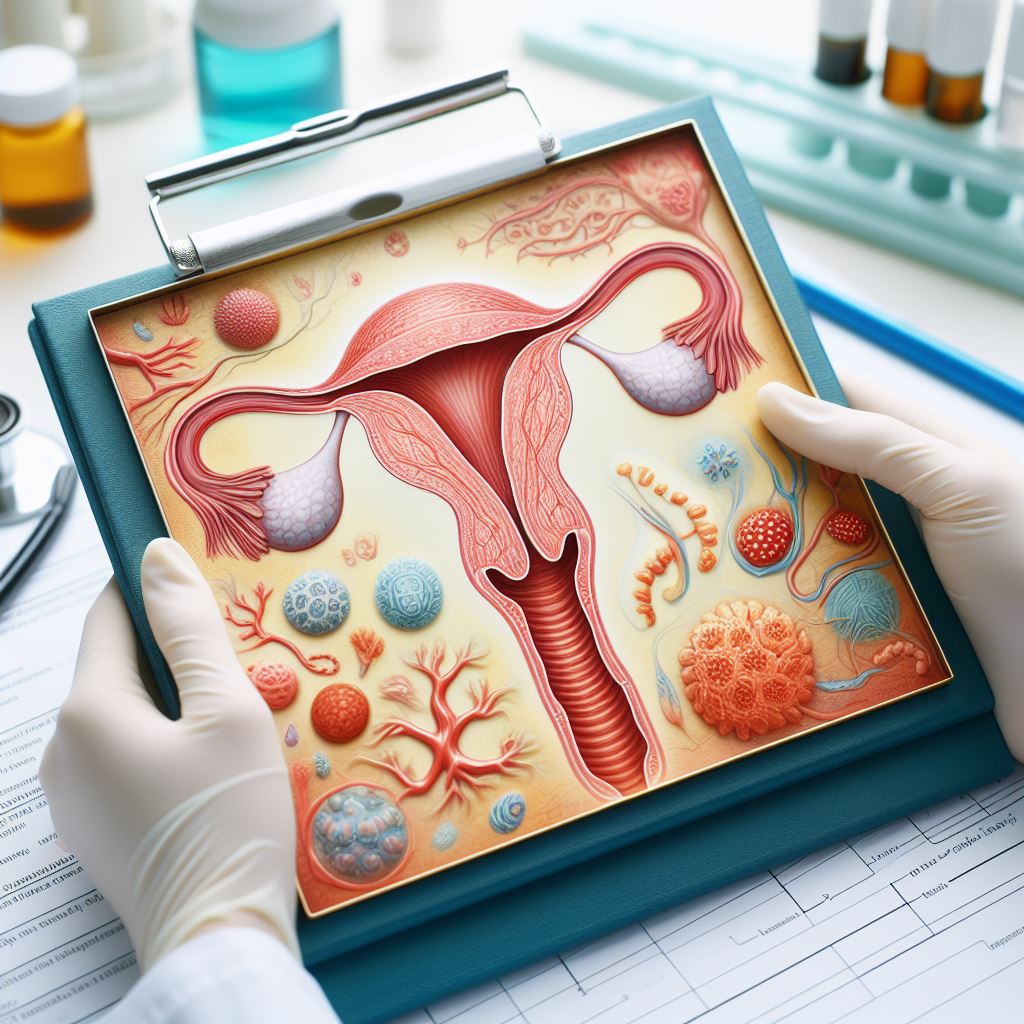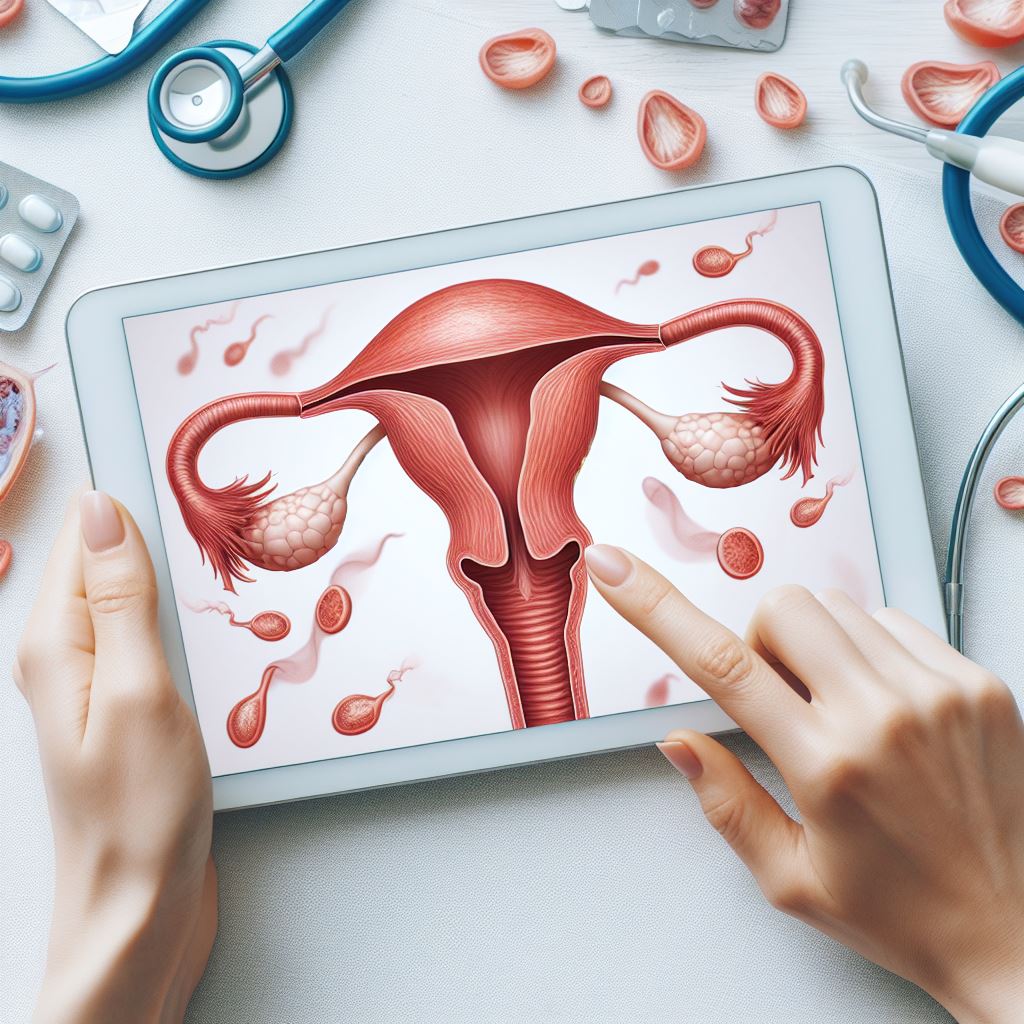Introduction
Infections can have a significant impact on female fertility. In this comprehensive guide, we will provide general information about the effects of infections on reproductive health, sexually transmitted diseases, bacterial vaginosis, pelvic inflammatory disease, chlamydia, gonorrhea, human papillomavirus, infertility treatment, infertility causes, and infertility prevention. This guide is intended for women who are experiencing fertility problems and want to learn more about how infections can affect their reproductive health.
Reproductive Health and Infections
Reproductive tract infections (RTIs) are a common cause of infertility in women. These infections can affect the uterus, fallopian tubes, and ovaries, leading to inflammation, scarring, and blockages. RTIs can be caused by sexually transmitted diseases (STDs) such as chlamydia, gonorrhea, and human papillomavirus (HPV), as well as endogenous infections such as bacterial vaginosis and pelvic inflammatory disease (PID) ¹.
Sexually Transmitted Diseases and Infertility
STDs are a major cause of infertility in women. Chlamydia and gonorrhea are two of the most common STDs that can lead to infertility if left untreated. These infections can cause inflammation and scarring in the fallopian tubes, making it difficult for the sperm to reach the egg for fertilization ².
Human papillomavirus (HPV) is another STD that can affect female fertility. HPV can cause cervical cancer, which can lead to infertility if the cervix is removed ³.
Bacterial Vaginosis and Infertility
Bacterial vaginosis (BV) is a common endogenous infection that can affect female fertility. BV is caused by an overgrowth of bacteria in the vagina, leading to an imbalance of the vaginal flora. This can cause inflammation and scarring in the reproductive organs, leading to blockages in the fallopian tubes and difficulty in conceiving .
Pelvic Inflammatory Disease and Infertility
Pelvic inflammatory disease (PID) is another endogenous infection that can affect female fertility. PID is caused by an infection in the reproductive organs, leading to inflammation and scarring. This can cause blockages in the fallopian tubes and difficulty in conceiving .
Infertility Treatment
Infertility caused by infections can be treated with antibiotics to clear the infection and reduce inflammation. In some cases, surgery may be required to remove scar tissue or blockages in the reproductive organs .
Infertility Causes and Prevention
Infections are just one of the many causes of infertility in women. Other factors that can affect female fertility include age, hormonal imbalances, ovulation disorders, and structural problems in the reproductive organs .
Preventing infections is key to maintaining reproductive health and preventing infertility. Practicing safe sex, maintaining good hygiene, and getting regular check-ups with a gynecologist can help prevent infections and reduce the risk of infertility .
Conclusion
Infections can have a significant impact on female fertility. STDs, bacterial vaginosis, and pelvic inflammatory disease are just a few of the infections that can affect reproductive health and lead to infertility. If you are experiencing fertility problems, it is important to talk to your doctor about the possible causes and treatment options. With the right treatment and prevention strategies, you can improve your chances of conceiving and maintaining a healthy pregnancy.






